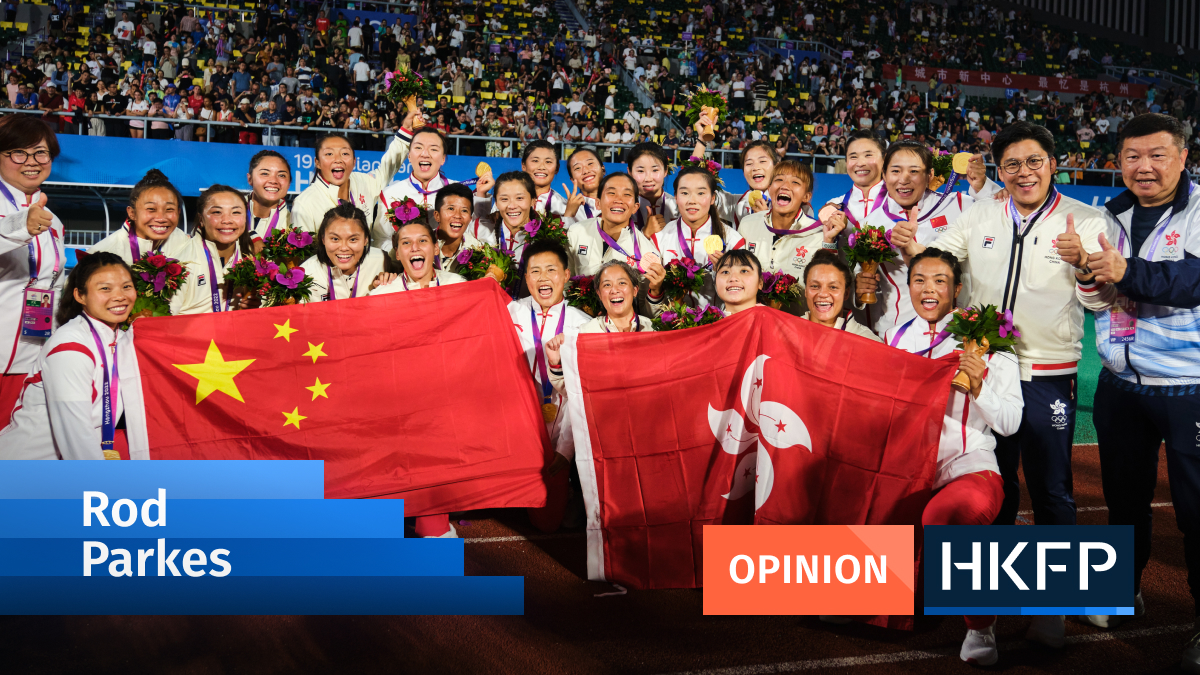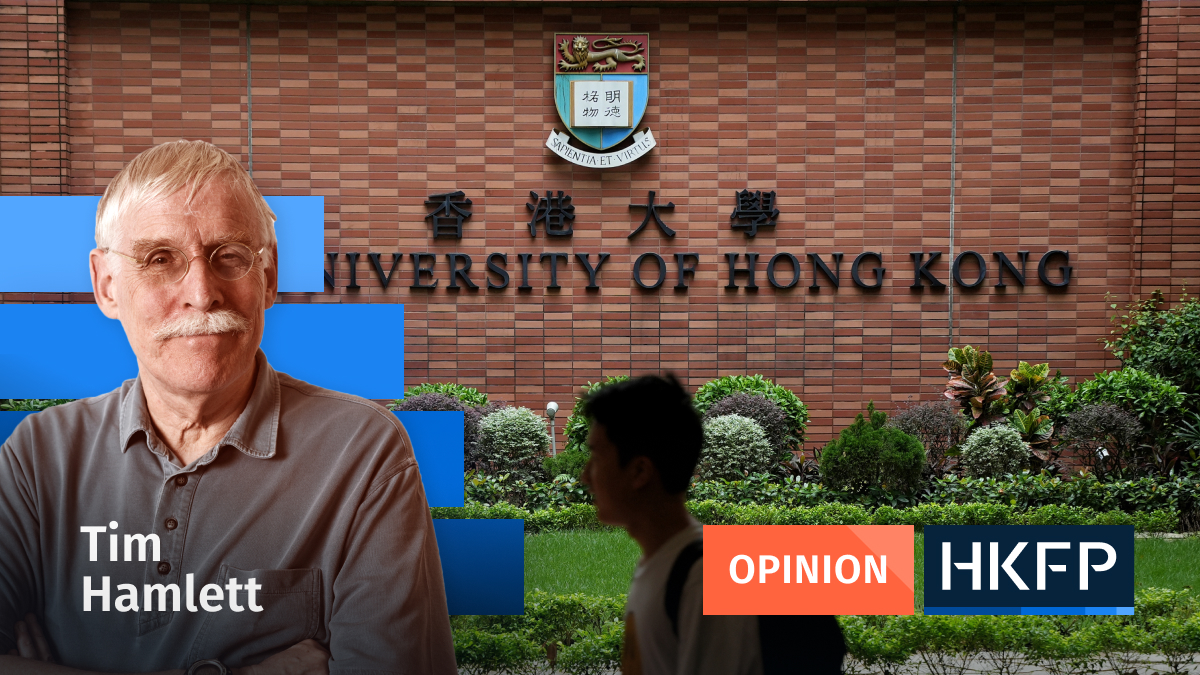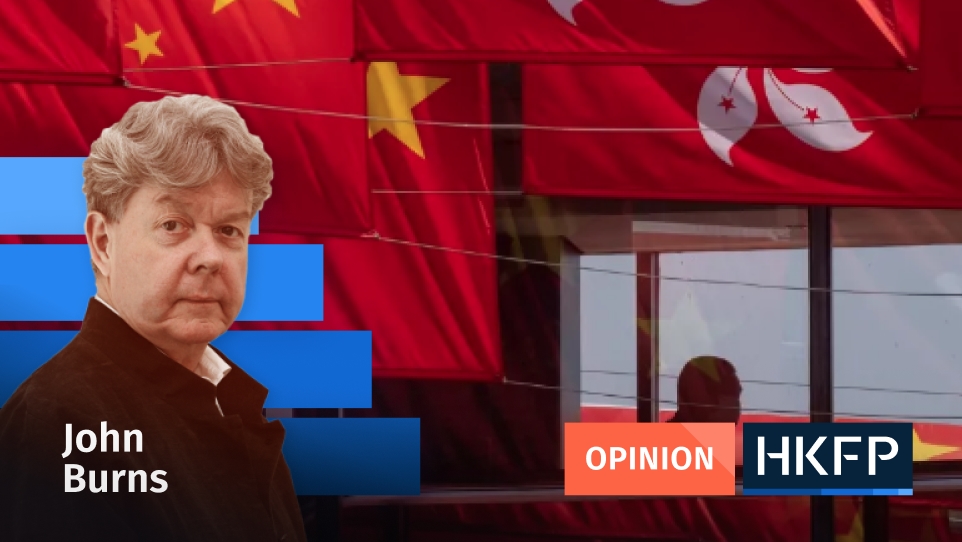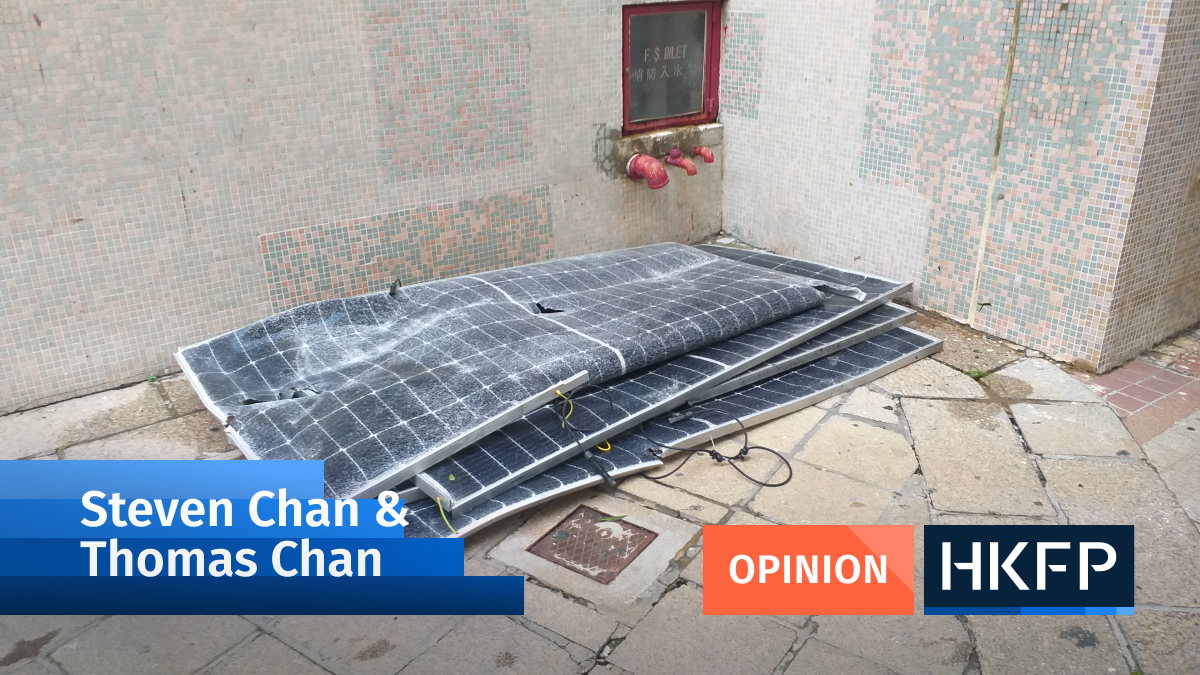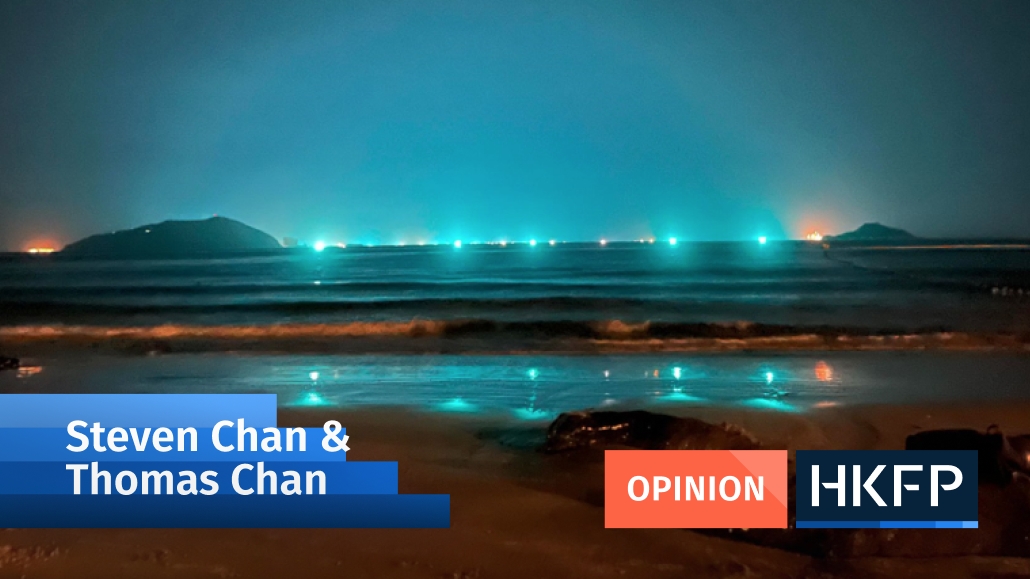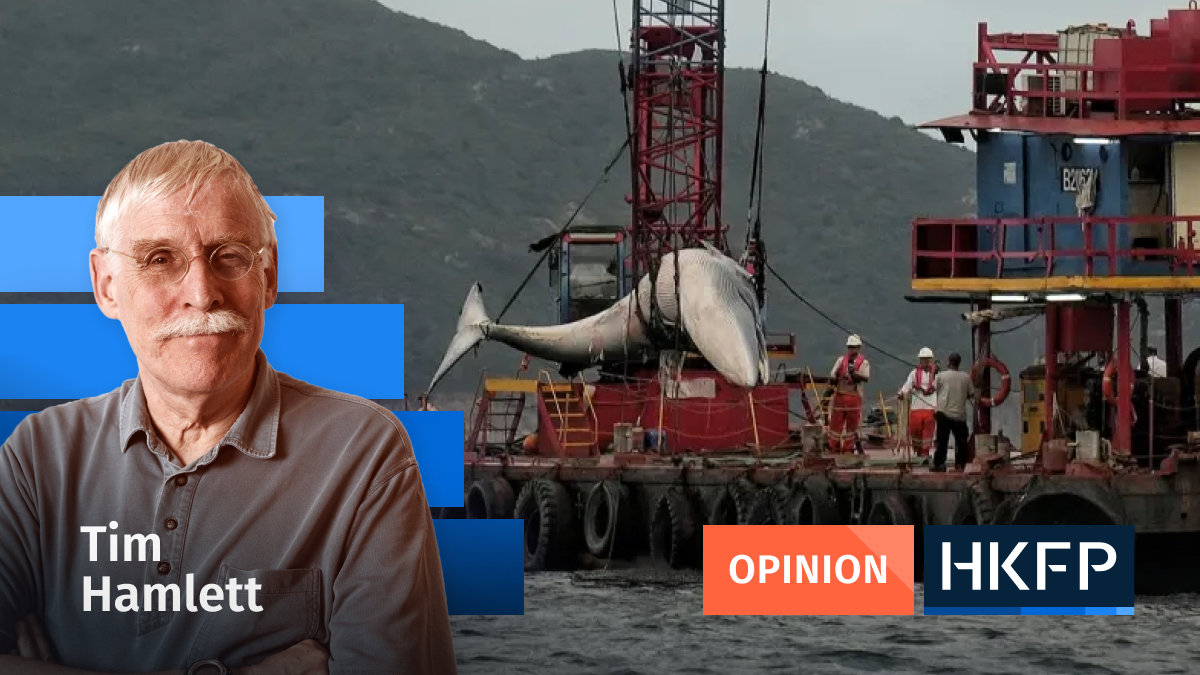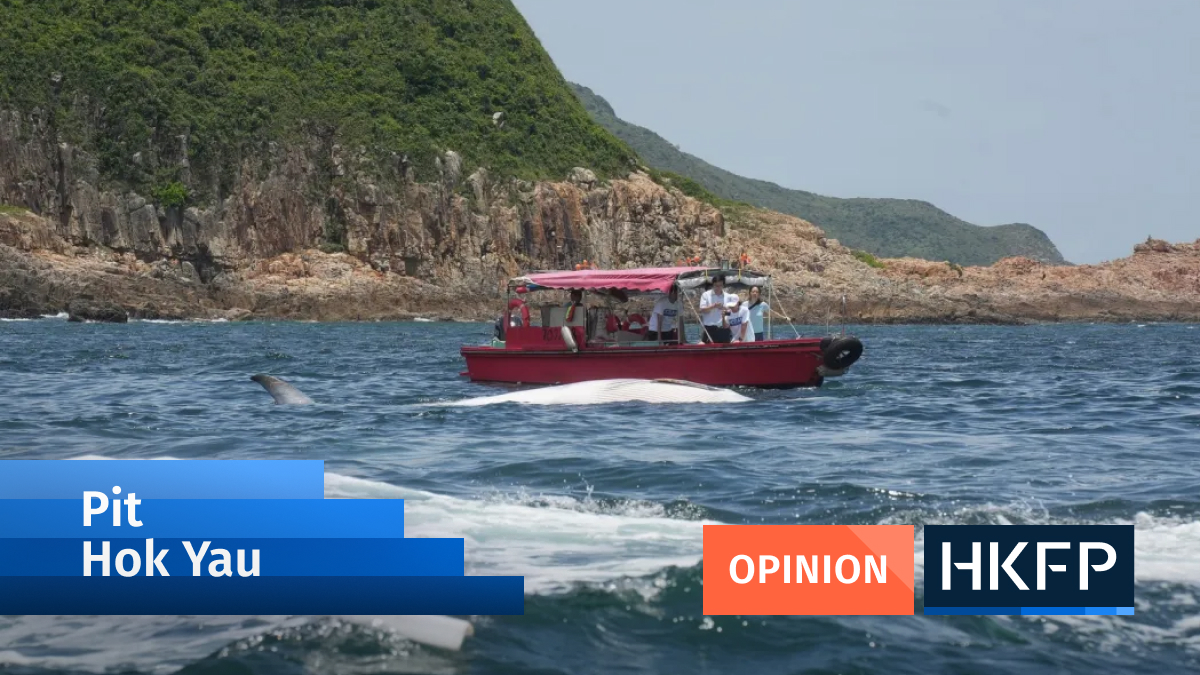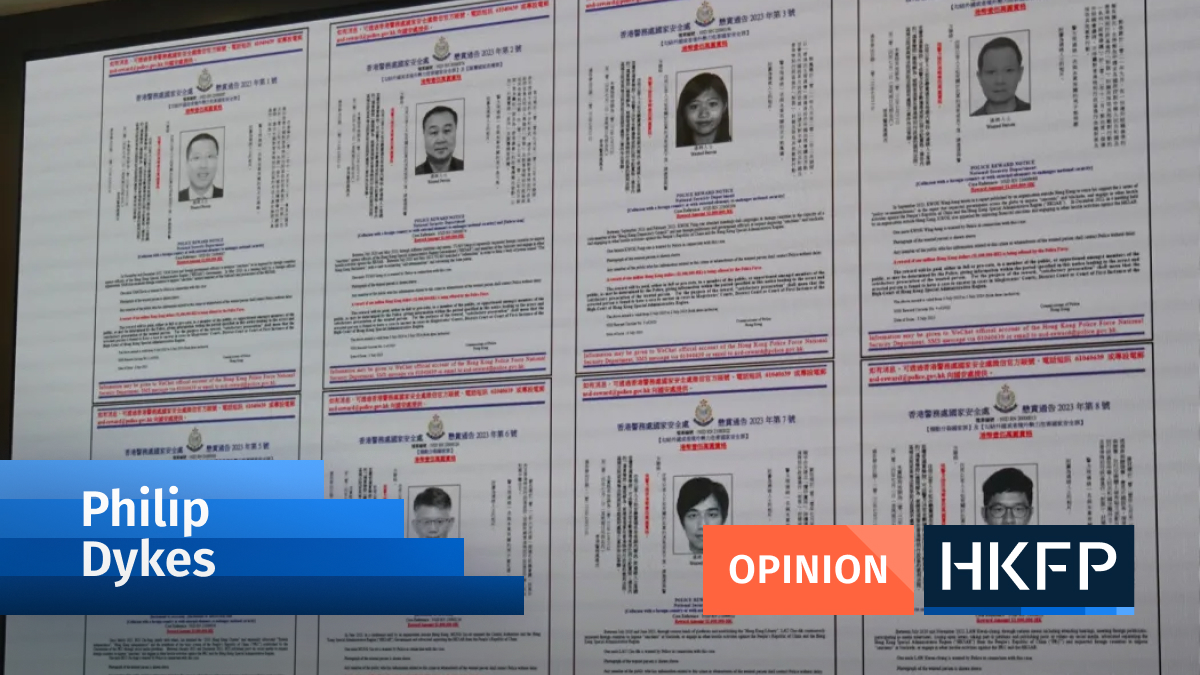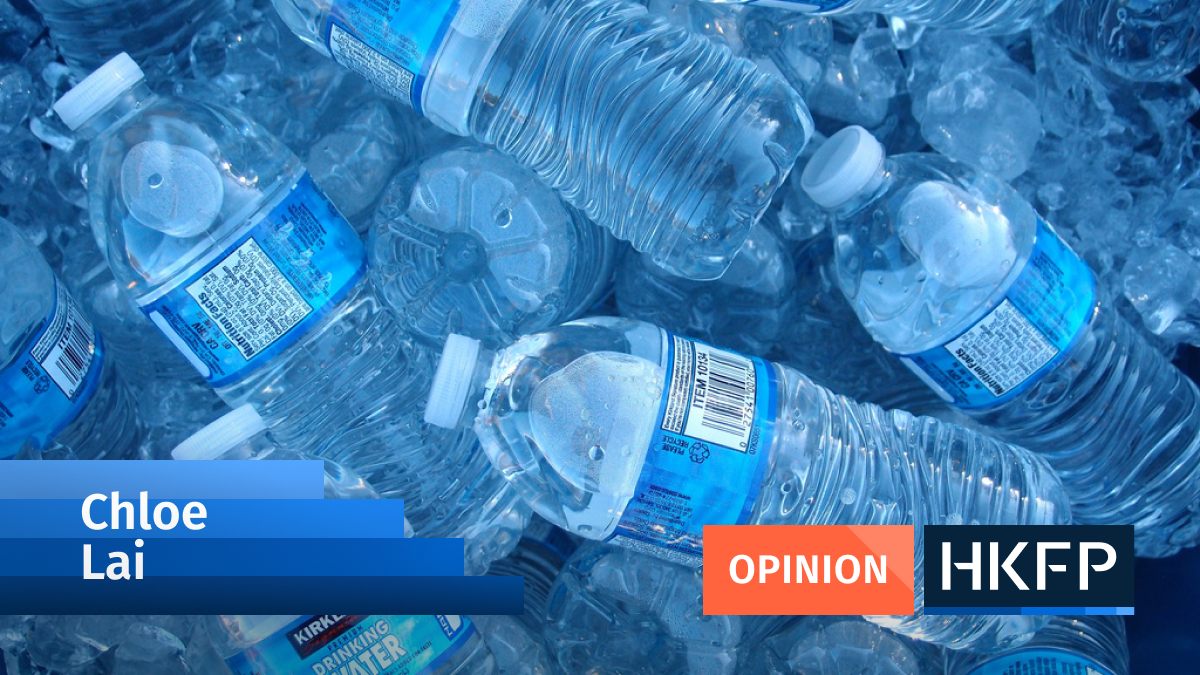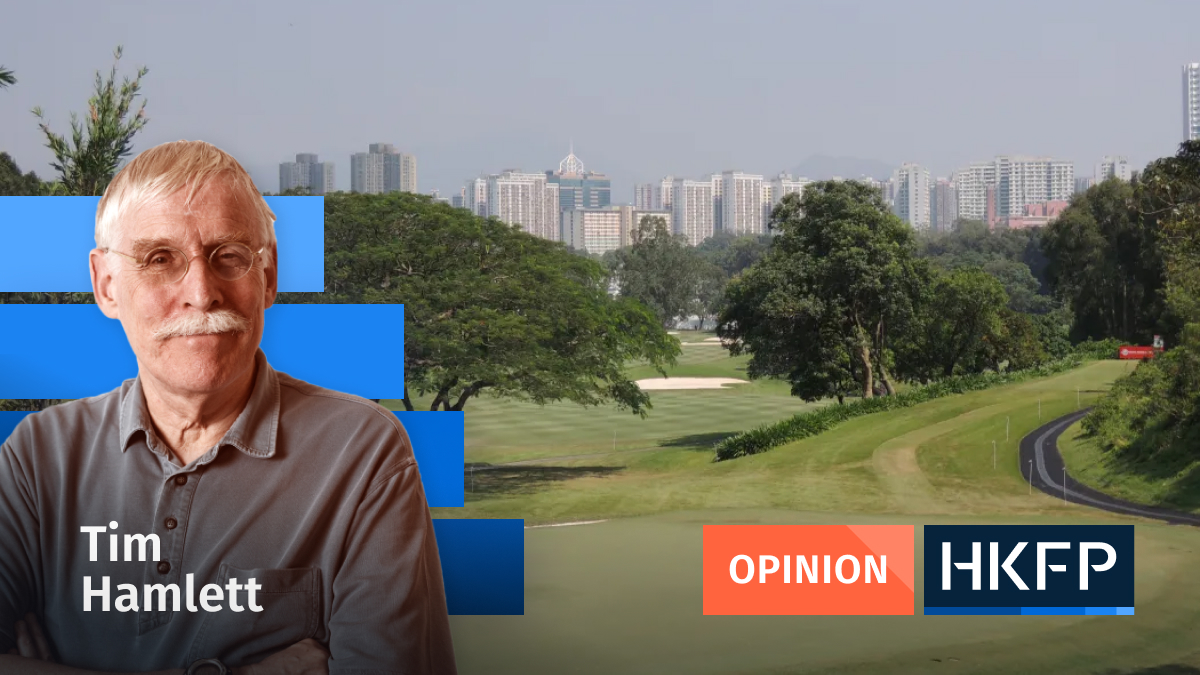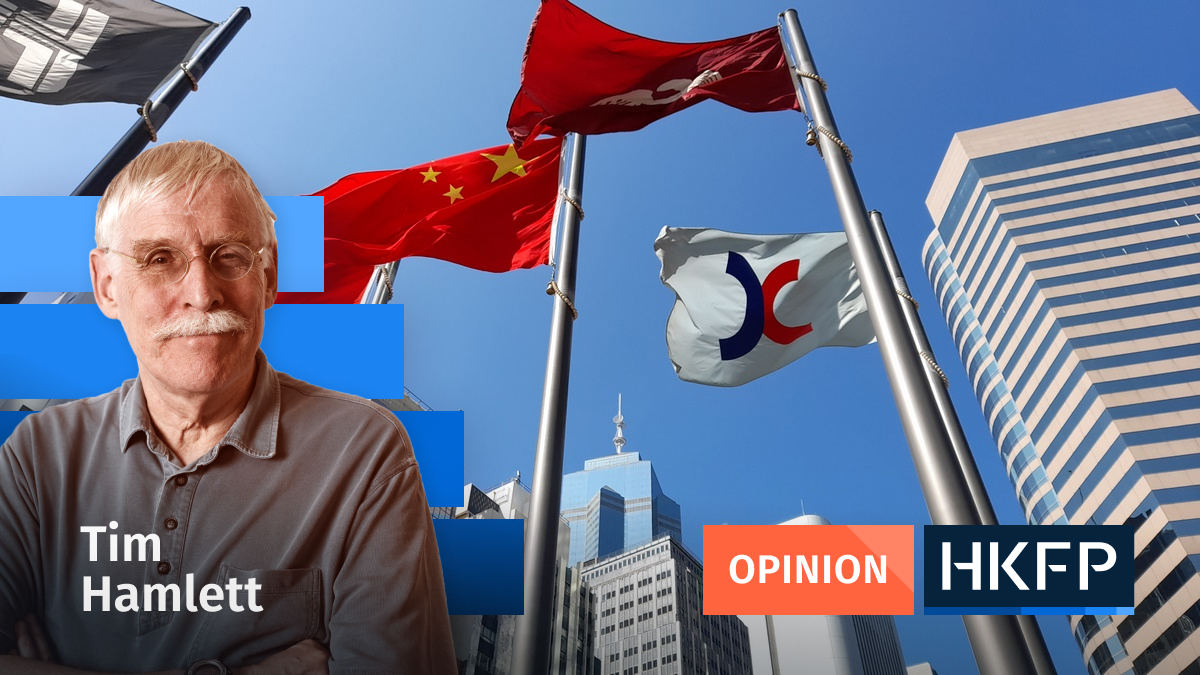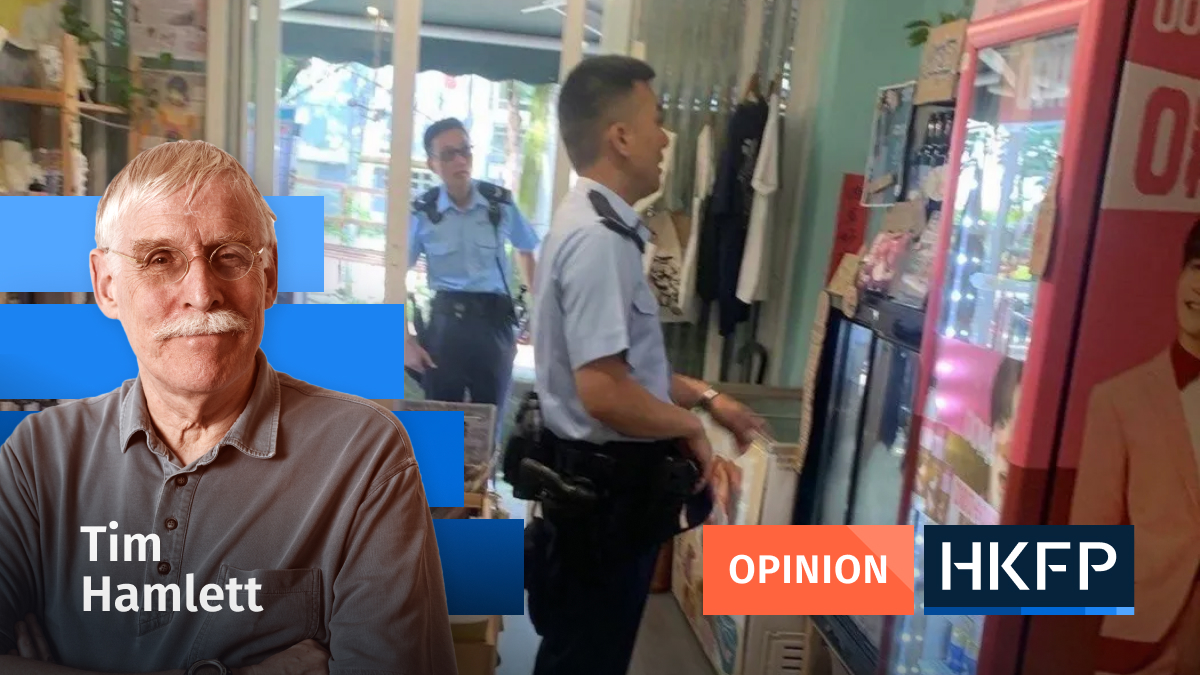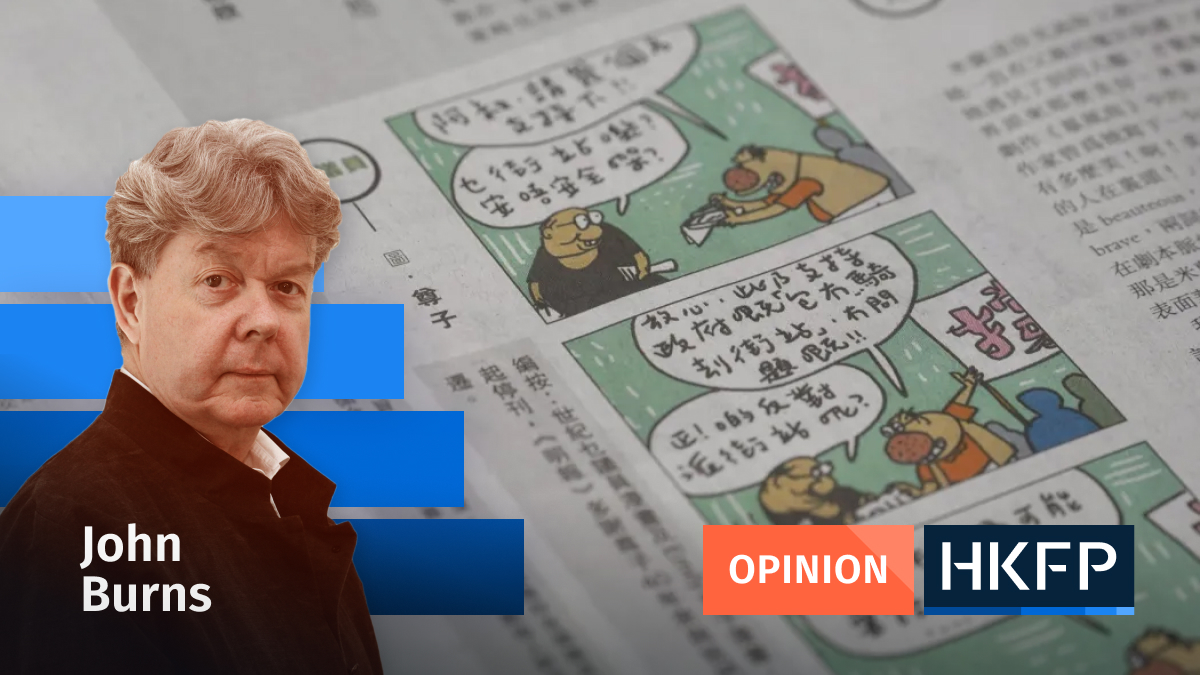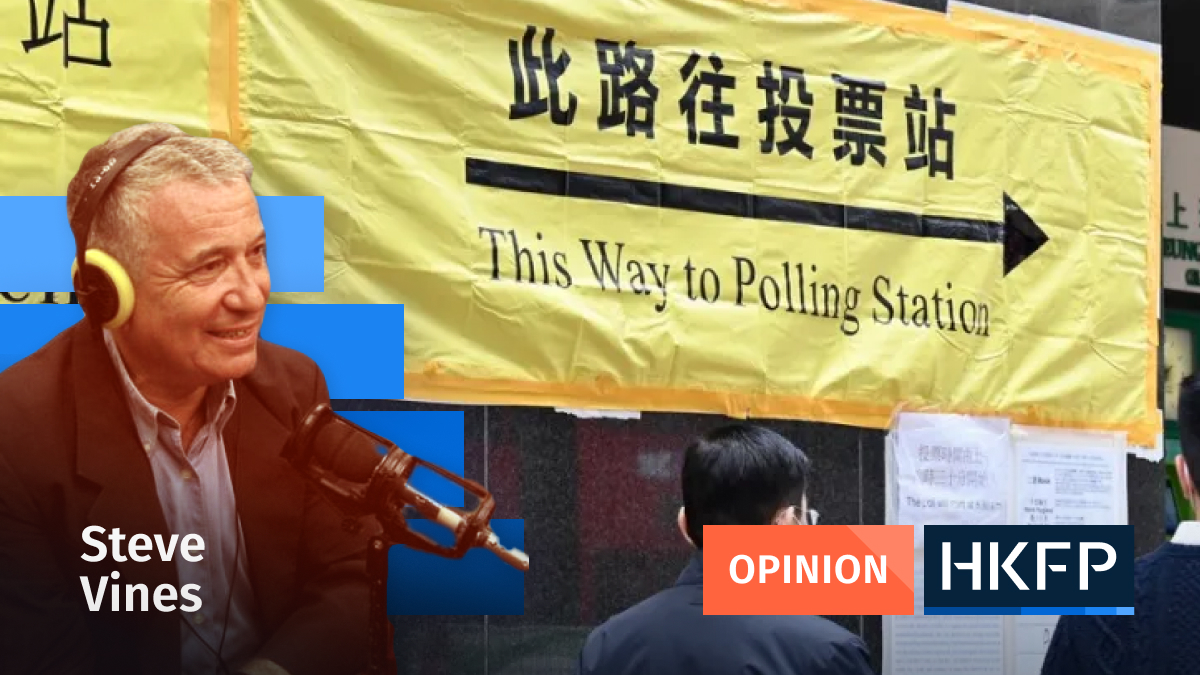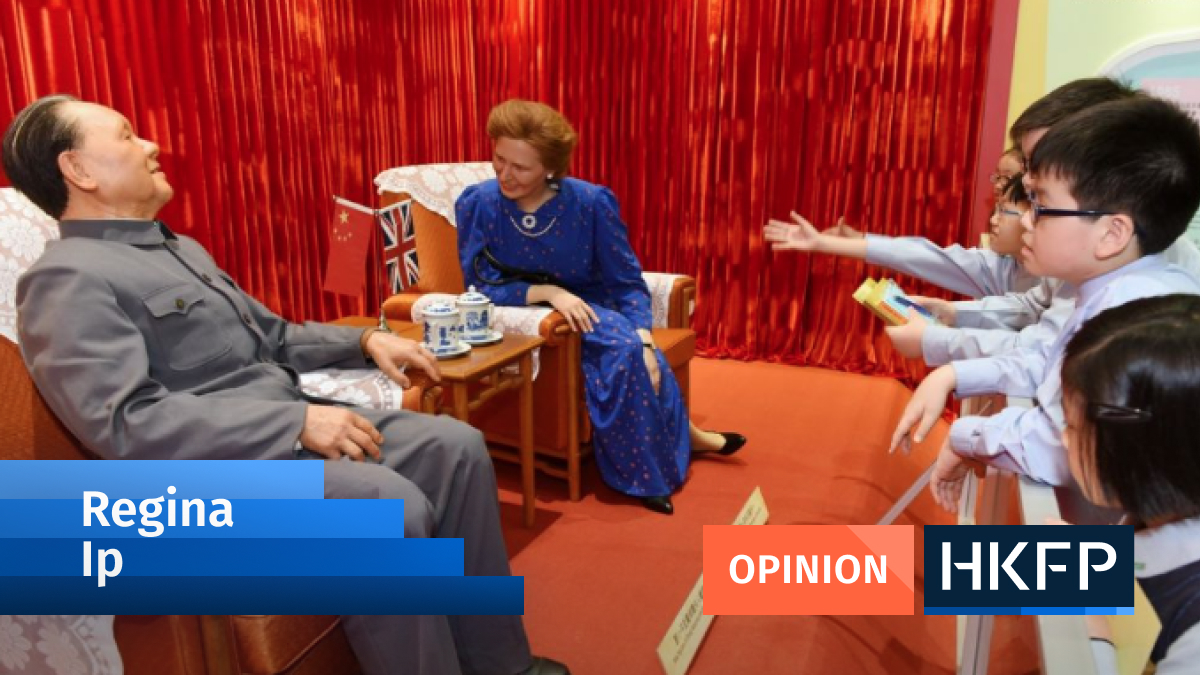Critical commentary and analysis on Hong Kong, China and Taiwan affairs from HKFP’s community of columnists and expert voices.
Hong Kong is Asia’s third most successful sporting power. A bold claim? Read on
“From whatever perspective one views it, Hong Kong’s sporting performance has advanced by leaps and bounds in recent decades, yielding excellent results in Tokyo and Hangzhou,“ writes Rod Parkes.
How can Hongkongers express opinion in the ‘new era’?
“With much more limited formal channels for participation, will Hongkongers turn to protest as they have in the past? Officials are making this option much more difficult,” writes John Burns.
Separation of church and state? Why Hong Kong cathedral’s National Day flag-flying left some pouting in the pews
“Patriotism is a legitimate sentiment… but it is not a part of religion, and nor is it a part of rationality,” writes Tim Hamlett.
Why Hong Kong’s law on illegal structures is a mess
“Hong Kong planning laws are an impossibly clumsy instrument when applied to low-rise housing,” writes Tim Hamlett. “[A] capricious approach in which nits are picked while elephants in the room are ignored tends to discredit the whole system.”

